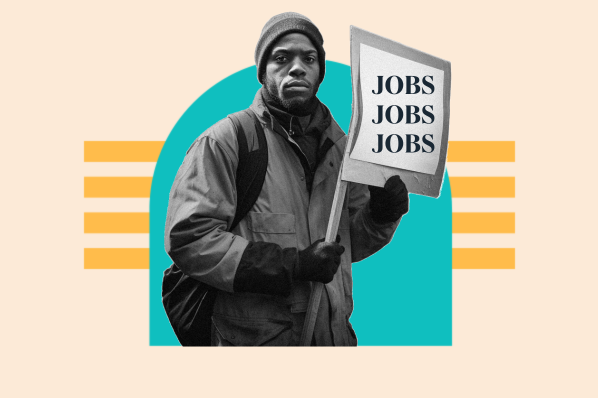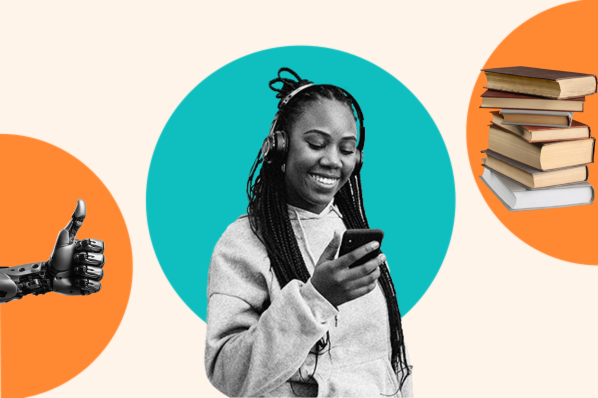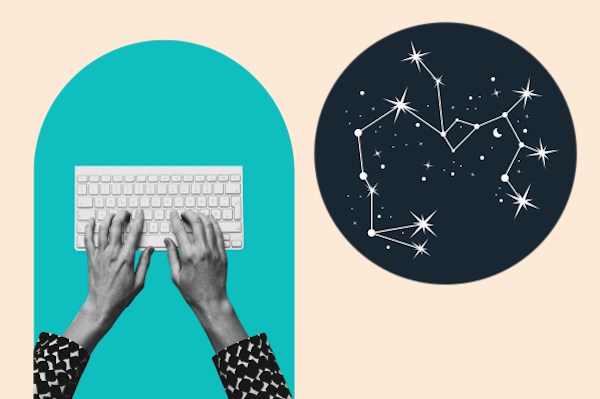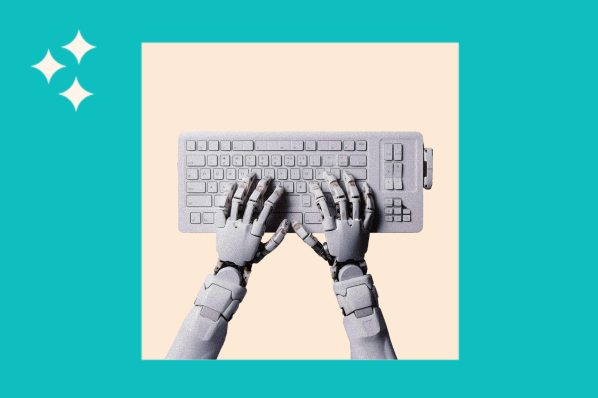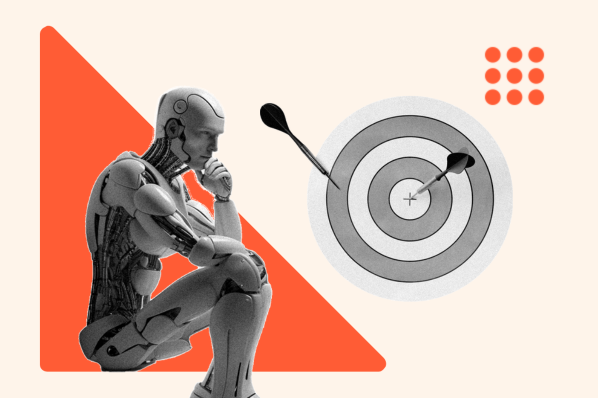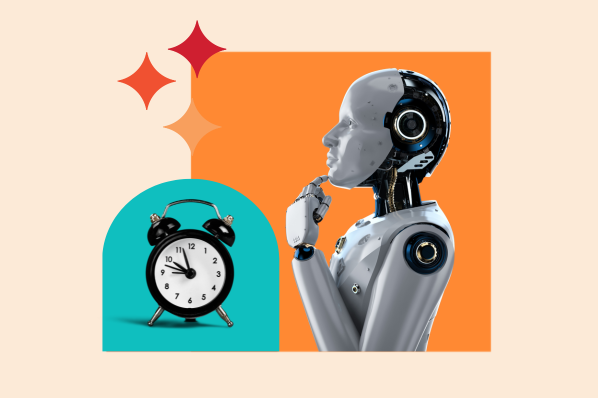The New York Times hired its first editorial director of AI.
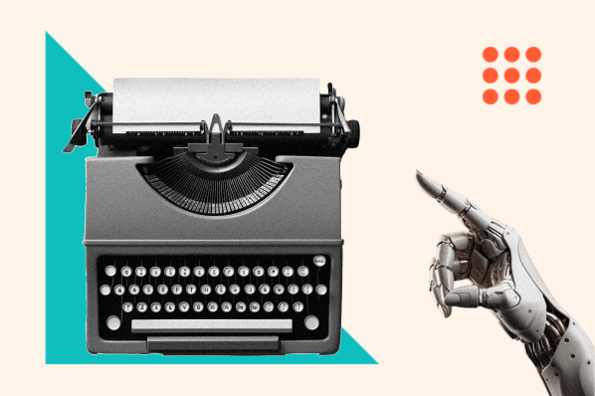
In this role, Zack Seward, a journalist with a background in product, digital media, and news publishing, will hire a team to experiment with various AI tools, design AI training programs and monitor industry shifts.
But this doesn’t change the publisher’s stance on keeping its news coverage human.
“One reason we’re excited to have Zach in this role is that he shares our firm belief that Times journalism will always be reported, written and edited by our expert journalists,” they wrote in a statement. “But Zach will also help guide how these new tools can assist our journalists in their work, and help us broaden our reach and expand our report.”
One thing’s clear: The publisher will only leverage AI on its own terms.
Back in Aug. 2023, the NYT updated its terms of service to block AI tools from scraping its content then blocked OpenAI’s web crawler.
In December, they sued OpenAI and Microsoft for allegedly reproducing their work on ChatGPT and CoPilot.
Despite being pitched by various AI companies for licensing deals and AI tools for journalists, they’ve remained conservative, emphasizing the importance of human storytelling.
More recently, they’ve loosened the reins a bit. A Wall Street Journal article reported that in August, senior newsroom employees brainstormed how they could use AI to streamline their work.
Now, Seward and his team will be responsible for figuring that out.
The State of Digital Publishing with AI
It seems like every publisher is taking a different approach to AI use.
On the conservative end, you have publishers like The NYT and Wired who have had a firm stance against using AI to write and edit stories.
In the middle, you have publishers like The Associated Press, who have used AI to generate short, straightforward articles like company earning reports.
Then, at the far end of the spectrum, leaning all the way into AI, are publishers like Channel 1.
Channel 1, which is set to fully launch this year, is reporting on real news but its anchors are not.
"Everything you'll see on Channel 1 relies on trusted sources and fact checking, and uses AI to give you news the way you want it: personalized, localized, and distilled," says the AI-generated actor in the video.
He adds in the intro video that it was created to share unbiased, accurate and trustworthy news that preserves journalism's core pillars of integrity and accuracy.
While these are nice words to hear, trust in real news anchors is already low.
One recent poll found that only 42% of U.K. residents trust them, down 16% year over year. So, it's going to take a whole lot of marketing to get consumers on board with AI-generated anchors.
The Arena Group, who owns Sports Illustrated, Men’s Journal and more, is another publishing that embraced AI early on. But they haven't had the best luck.
Back in February 2023, Futurism published an article outlining the huge errors in Men’s Journal’s first AI-generated article. Though the article claimed to be reviewed by human editors, further inspection by a medical expert revealed it hadn’t lived up to the hype.
“This article has many inaccuracies and falsehoods,” said Bradley Anawalt, the chief of medicine at the University of Washington Medical Center to Futurism. “It lacks many of the nuances that are crucial to understand normal male health.”
Futurism also reported on CNET, who had over 70 poorly written AI-generated articles on finance topics like savings accounts and payment apps.
Almost a year later, Sports Illustrated got caught not only creating AI-generated content but passing off AI authors as real humans. They feverishly denied it.
AI Companies Want In
While publishers are trying to figure out the best way to leverage the technology, AI players like OpenAI and Google are trying to cash in on their work.
OpenAI is offering publishers millions to license their content and use it to train their large language models.
Apple – who’s playing a game of catchup – is now doing the same. T
he company is reportedly offering more money for licensing deals with publishers like The New Yorker, The Daily Beat, People, and Better Homes and Gardens.
Last July, Google reportedly pitched large and small publishers on a tool called Genesis, designed to help journalists speed up the writing process.
But here’s the kicker: Google’s new Search Generative Experience tool is a huge threat to the exact publishers it’s pitching.
As the world’s most popular search engine, its new AI-powered search engine is expected to cost publishers up to 40% of their traffic, according to publishers’ estimates.
So, with all these factors in mind, it's still unclear whether AI is a friend or foe to journalism, and under what conditions.


